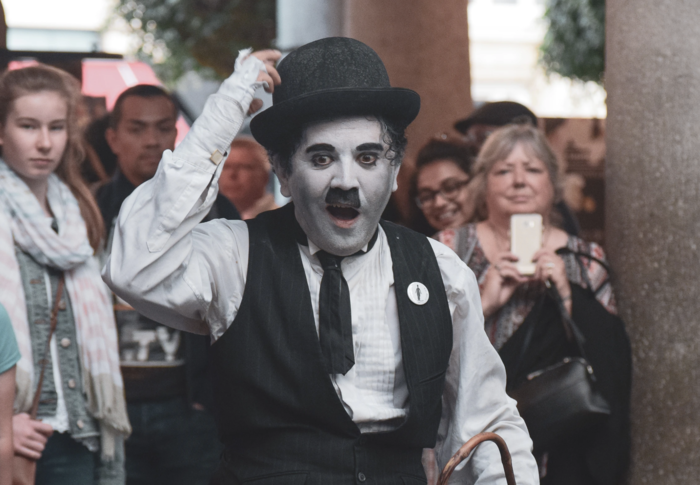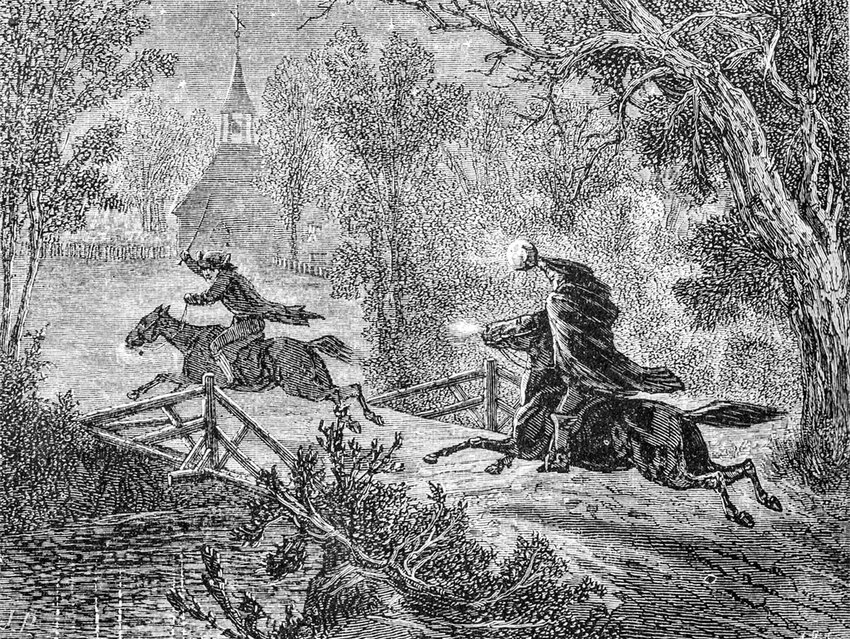
Mummer
[mə-mər]
Part of speech: noun
Origin: Old French, 15th century
1.
An actor in a traditional masked mime, especially of a type popular in England in the 18th and early 19th centuries.
2.
A pantomimist.
Examples of Mummer in a sentence
"Our trip to England included a theatrical performance by a traditional mummer."
"The mummer performed on the corner every day, occasionally receiving donations from the crowd."
About Mummer
Mummer is thought to be a combination of the Old French verb “momer,” meaning to wear a mask, and the Middle English verb “mommen,” meaning to mutter or be silent. This gives us mummer, or one who practices the art of pantomime. Today you’ll typically find a mime wearing a full face of white paint instead of a mask.
Did you Know?
While pantomime plays featuring mummers as actors reached peak popularity in the 18th and early 19th centuries, some more modern mimes have also gained notoriety. Charlie Chaplin’s Tramp character was a breakout star in silent films. And perhaps the most famous mime, Marcel Marceau, charmed the world as Bip the Clown.








